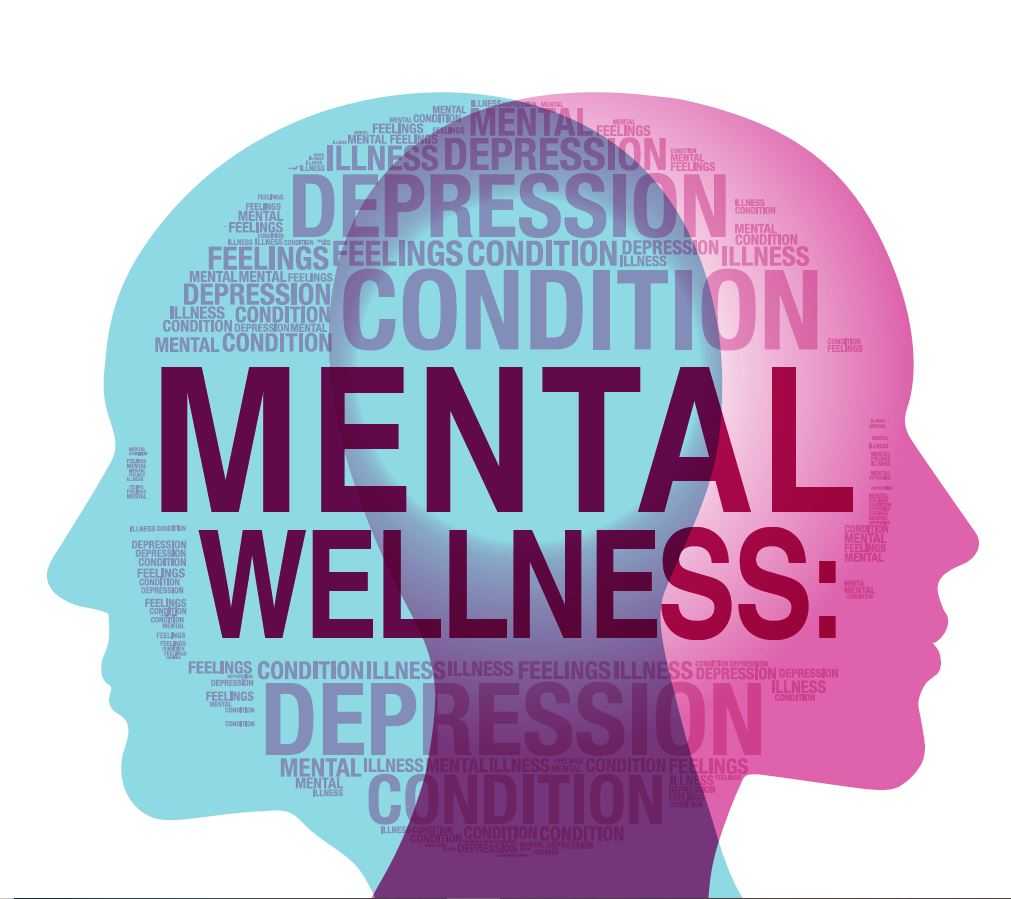Treatment Options for Addiction and Mental Health
People who suffer from co-occurring disorders such as addiction and mental illness need treatment. There are several types of treatment for people with co-occurring disorders. The best treatment is tailored to each individual's needs.
https://santabarbararecovery.com/treatment/
It includes an educational process and active development of change strategies. In addition to education about the disorder, treatment also teaches healthy coping mechanisms. It helps people to learn how to minimize the impact of substance abuse and strengthen relationships. During treatment, people learn to think about their relationship with drugs and alcohol and how they interact with mental illness. Other services may be available as well.
Treatment options for addiction and mental health
There are several different treatment options for addiction and mental health. Some are residential or inpatient. Residential rehab involves live-in care at a treatment center and can last from a few weeks to several months. Aftercare or outpatient treatment may follow in the future. Many of these programs offer 24-hour monitoring. Some of them have a specialized curriculum for mental health issues. However, residential rehab is not always the best option.
Group therapy and individual therapy are the most common types of therapy for substance abusers. During individual therapy, patients can process their thoughts and feelings and learn new coping methods. It can also help them mend relationships that have been damaged by substance abuse. Group therapy, on the other hand, allows patients to connect with other individuals who share the same experiences and feelings. Inpatient treatment centers offer process-based and psychoeducational group therapy.
Depending on the type of substance abuse, addiction treatment is a highly personalized process. Because each individual's brain and behavior are affected differently, no single treatment is effective for every person. Treatment plans must address the needs of the patient and their family, and be flexible enough to meet their unique circumstances. Some treatment plans combine multiple methods, and others focus on faith or spirituality. The goal is to develop a long-term relationship with a professional.
Common risk factors for addiction and mental health disorders
In many cases, the onset of symptoms of addiction and mental health disorders is determined by age. The human brain continues to develop into its adolescent years, and substance abuse during this period can have long-term negative effects. Studies indicate that 90% of people with addictions began using drugs or alcohol during their adolescent years. However, not all individuals are at risk for addiction, and there are certain conditions or circumstances that increase the likelihood of developing a problem. Understanding your own risk factors for substance abuse can help you prevent the problem from occurring.
Although the exact cause of substance use disorders is unknown, many individuals exhibit some characteristics that increase their chances of developing them. Psychologists call these risk factors "risk factors," and they can be grouped into biological, environmental, and developmental categories. Each of these risk factors will affect the likelihood of developing a substance abuse problem throughout the lifetime. However, being aware of these factors can help those at risk take the necessary steps to prevent addiction, as well as those who are struggling with substance abuse.
Other risk factors for addiction and mental health disorders include genetics, trauma, and childhood experiences. Adolescents who experience early-life trauma or experience abuse are at increased risk. Exposure to a toxic environment can pressurize them into engaging in harmful behaviors. It's also common for children and teens to participate in dangerous behaviors on school grounds. In these situations, the risk for substance use increases dramatically.
Treatment options for co-occurring disorders
Fortunately, there are several treatment options for co-occurring disorders in the field of addiction and mental health. These include specialized treatment programs that address the needs of individuals with both addiction and mental illness. Neuropsychological evaluations are required to determine the needs of an individual and their strengths and challenges. After a thorough assessment, a treatment team can create an individualized plan of care, addressing substance abuse and mental illness concurrently.
Treatment options for co-occurring disorders often begin with detoxification. Detoxification is a process that helps a person rid their body of chemicals that have damaged their physical and mental health. Withdrawal symptoms are a common symptom of co-occurring disorders and can have a negative impact on a person's mental health. Detoxification programs for co-occurring disorders often incorporate various forms of therapy into their treatment plans.
Combined psychiatric and addiction treatment is most effective for a comprehensive recovery. By addressing both problems at the same time, an individual will be less likely to experience relapses, reduce the risk of suicide, and maintain long-term abstinence. Integrated Recovery Plans are also designed to minimize the effects of mental health disorders on substance abuse. Furthermore, integrated treatment combines pharmacological therapy to treat both disorders.








